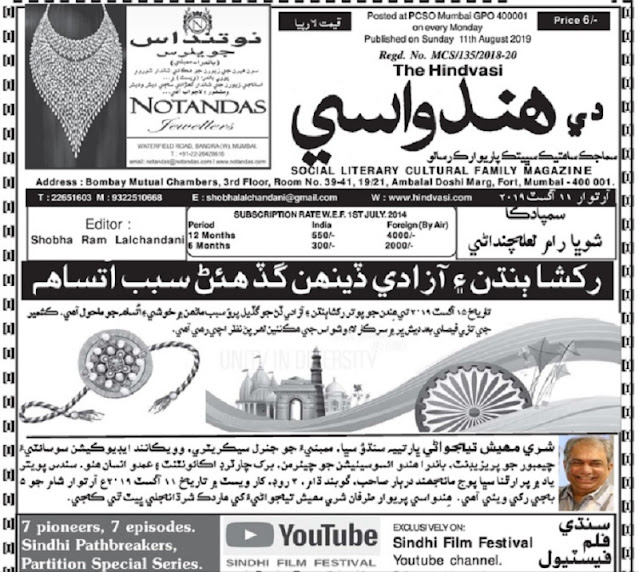Famous Stories Of Scheherazade That Are Actually Not Part Of One Thousand And One Nights
Scheherazade is a major female character and the storyteller in the Middle Eastern literature One Thousand and One Nights. In Sir Richard Burton's translation of The Nights, Scheherazade was described in this way:
"Scheherazade had perused the books, annals and legends of preceding Kings, and the stories, examples and instances of bygone men and things; indeed it was said that she had collected a thousand books of histories relating to antique races and departed rulers. She had perused the works of the poets and knew them by heart; she had studied philosophy and the sciences, arts and accomplishments; and she was pleasant and polite, wise and witty, well read and well bred."
The story goes that the monarch Shahryar found out one day that his first wife was unfaithful to him. He thus resolved to marry a new virgin each day as well as behead the previous day's wife, so that she would have no chance to be unfaithful to him. He had killed 1,001 such women by the time he was introduced to Scheherazade, the vizier's daughter.
Of Ali Baba And Forty Thieves:
The tale was added to the story collection One Thousand and One Nights by one of its European translators, Antoine Galland, who called his volumes Les Mille et Une Nuits (1704–1717). Galland was an 18th-century French Orientalist who heard it in oral form from a Maronite story-teller, called Hanna Diyab, who came from Aleppo in modern-day Syria and told the story in Paris.
In any case, the earliest known text of the story is Galland's French version. Richard F. Burton included it in the supplemental volumes (rather than the main collection of stories) of his translation (published as The Book of the Thousand Nights and a Night) and thought its origins were Greek Cypriot.
The American Orientalist Duncan Black MacDonald discovered an Arabic-language manuscript of the story at the Bodleian Library, however, this was later found to be a counterfeit.
OF Aladdin And Magic Lamp:
It is one of the tales in The Book of One Thousand and One Nights (The Arabian Nights), and one of the best known—despite not being part of the original Arabic text.
It was added to the collection in the 18th century by the Frenchman Antoine Galland, who attributed the tale to a Syrian storyteller, Youhenna Diab. Since it first appeared in the early 18th century "Aladdin and the Magic Lamp" has been one of the best known and most retold of all fairy tales.
Known along with Ali Baba as one of the "orphan tales", the story was not part of the original Nights collection and has no authentic Arabic source, but was incorporated into the book Les mille et une nuits by its French translator, Antoine Galland.
Of Banished Son Saves His Brothers:
Set in Arabia ruled by a Sultan who had three queens. But no one bore him a child. The Sultan was worried as he had no heir. One night when he was sleeping a good fairy appeared before him in his dream and said, "If you give the seeds of the pomegranate to your queens, they will give birth to sons to you". The Sultan woke up suddenly. "Is it true, why not I try" he thought.
The next morning, the Sultan gave the three queens pomegranates. All the three queens ate the pomegranates. Only two queens gave birth to children. The third one did not become pregnant. So the Sultan got angry on her and banished her to the forest nearby. But after some months the third queen also gave birth to a hand some child in the forest. She named him as Ahamud. This story too was added in the 18th century and prior to it, the story is not to be found in the text.
Few other stories like Return of Princess and Her Ruby, Test of Demon for Honesty, The Clever Woman and The Dog and The Ass are also not part of actual One Thousand And One Nights but were included in various versions.







Comments
Post a Comment